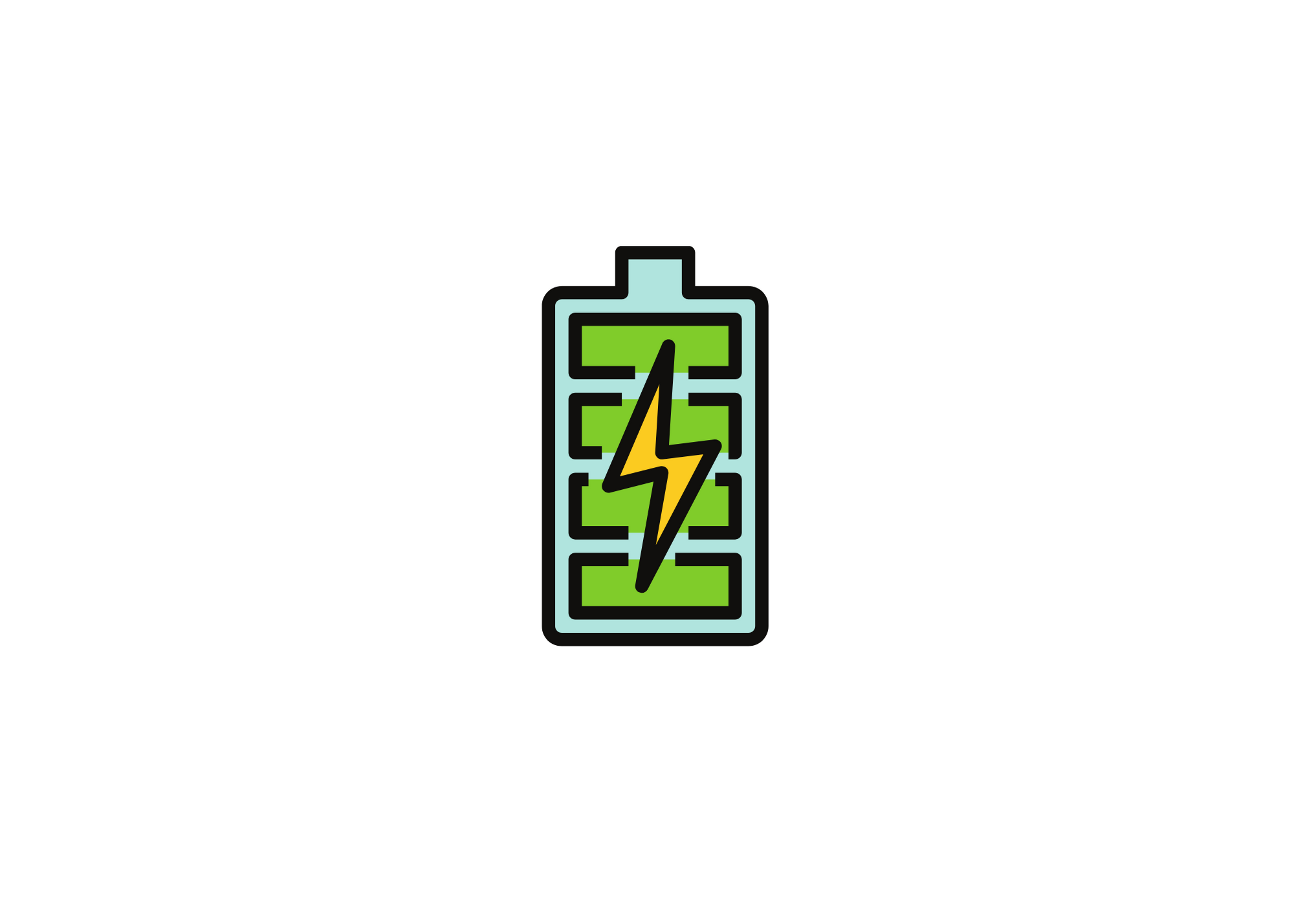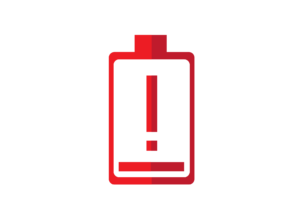
Keeping your Batteries Charged
Remember those days when you could do whatever you wanted without considering how much it would drain your energy? If you have Functional Neurological Disorder, chances are those days are long gone. Technology has provided some nice analogies for our brain, such as Prof. Jon Stone’s software/hardware comparison to explain why our brain doesn’t function correctly despite normal structure. Thinking about my energy like my phone’s battery helps me manage it better.
Unfortunately, FND seems to drain my battery more quickly than in the past. It’s improving, though. Early in my recovery one activity a day was about all I could manage. Now I am able to function pretty well from the time I wake up until late evening. Here are some tips that have helped me.
1. Learn how to assess your energy level
Several times during the day, I need to stop and check on how I’m doing. At first, it might be helpful to set an alarm to remind you to stop and gauge your energy. What are the signs for you that your energy is flagging? For me, slower thought processes (“brain fog”) is a red flag that I need to recharge. When my thoughts are less complex and I have a harder time solving a problem, it’s time to stop and rest. Physical signs that I might notice are feelings of weakness or abnormal sensations like numbness and tingling.
2. Determine the time of day for your peak performance
Be aware that your best time of day can change. A few years ago, my brain seemed to function best after I had been awake for a couple of hours, then continued operating well for another 3-4 hours. That was the time I would schedule any necessary appointments or attend to the most energy-demanding activities I wanted to accomplish. Currently, my energy is great when I first get up and I can usually stay productive until late afternoon. The morning hours are my very best, so that’s when I try to get the most work done.
For me, evening hours are rest time. I might work on a craft project, read, or play computer games, but more complex activities require more battery power than I have at that point.
3. Learn how to recharge your batteries when necessary
All of us have different ways to recharge. Rest is my #1 recharger. If I feel my brain is really low on juice, I head to bed. Most of the time for me this is late evening, but at times, a mid-day nap is necessary. In this post, I talk more about the things that may help you recharge.

4. Recognize and respect low battery warnings
Sometimes, our battery can get dangerously low. When our energy is drained to that point, recharging is more crucial and takes longer. I’ve identified a point in myself where I rate my energy at 10 – 20%. Once I get that low, I go to bed. If I attempt to push past that point, I know my body will shut down. I don’t like it, but I know that’s my reality. I won’t take a chance of pushing my limits that far. Learn to stop before your body makes the decision for you.
When my battery is dangerously drained, I feel at the edge of losing function. It would be easy to tell myself I’ve gone too far and now my symptoms will appear. I’ve learned that my brain likes a little reassurance and most of the time believes what I tell it, so I reassure myself that I just need rest and my battery will be back to full power after some sleep. The more times this works out, the easier it is for my brain to believe it. This is one of the reasons that I no longer feel afraid of a relapse. We can teach our brains what to believe in a way that maximizes our function. Respecting our body and listening to what it is telling us shows our brain that we are doing our best to protect it.
5. But what if...???
What if I have NO times of good energy? What if my body is ALWAYS broken down?
For some people, this may be the case. For them, I’d like to gently and respectfully ask that they take a good, hard look at their circumstances. What do you think is the main thing holding you back from capturing some energy? Maybe you could use the help of a therapist to examine what’s going on in your life that is draining so much energy.
Sometimes we have to approach our Functional Neurological Disorder symptoms with baby steps. What is one thing you’d like to have some energy for? Can you schedule 10 minutes for that tomorrow? Plan to rest before and after, but fully enjoy and savor those 10 minutes and celebrate the accomplishment. An extra 10 minutes a day of something that you can take pride in is worthy of celebration. Next week, try 15 minutes. Slow, incremental progress adds up.
Wishing you loads of good energy!



No comment yet, add your voice below!